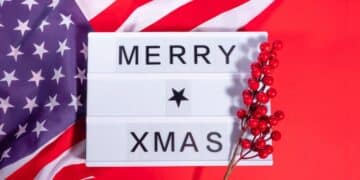
How Did Christmas Become Popular In the USA?
The United States declared Christmas a federal holiday on June 26, 1870, marking a shift toward widespread festive celebrations.
Christmas isn’t just a time for family & friends, it’s also a time to read festive facts that you wouldn’t read at any other time of the year! It’s a time where you learn the the history of tinsel, advent calendars, Santa Claus himself, and learn about bizarre traditions that surround the Christmas period.
If you love Christmas as much as we do, fill your stockings with our amazing choice of Christmas facts and show off your knowledge over Christmas dinner – because let’s face it, fun facts are better than Christmas cracker jokes!

The United States declared Christmas a federal holiday on June 26, 1870, marking a shift toward widespread festive celebrations.
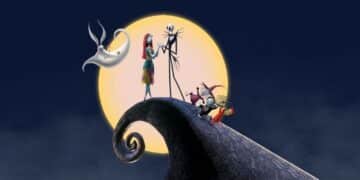
Jack Skellington’s expressive range required nearly 400 separate heads for his model to capture every emotion in the movie.
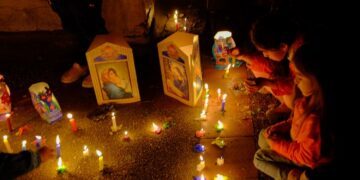
Catholics celebrate December 8 around the world, but the Day of the Little Candles, on December 7, is unique to Colombia.

It is a tradition in Luxembourg to eat little human-shaped brioche men called "boxemännchen" during the Christmas season.
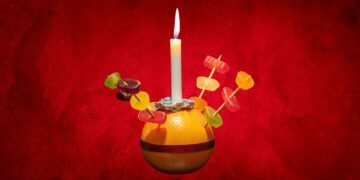
Christingles were first used in 1747 in Germany. They were initially just a candle and ribbon with the iconic orange added later.

Did you know that Mrs. Claus was born on December 25th, 880AD? That makes her over one thousand years old!

The first-ever ugly Christmas sweater party took place in Vancouver in 2002 and was hosted by Chris Boyd and Jordan Birch.

Did you know that in Home Alone, 9-year-old Macaulay Culkin's stunts were performed by a 30-year-old man?

The world record for the Largest Vessel of Mulled Wine ever brewed was 537 gallons, which was achieved in 2016 in Falcade, Italy.
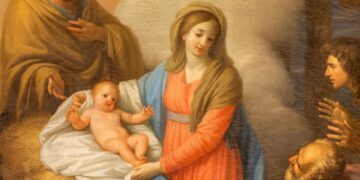
On December 25, 336, over three hundred years since Jesus' death, the earliest Christmas celebration was recorded.
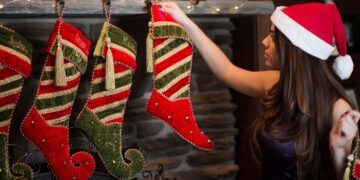
There's a five-gift rule to filling Christmas stockings; these five gifts should be: a need, a want, to read, to wear, and to do.

The story of Hanukkah does not appear in the Torah, the Holy Book of the Jewish faith, because it happened after it was written.